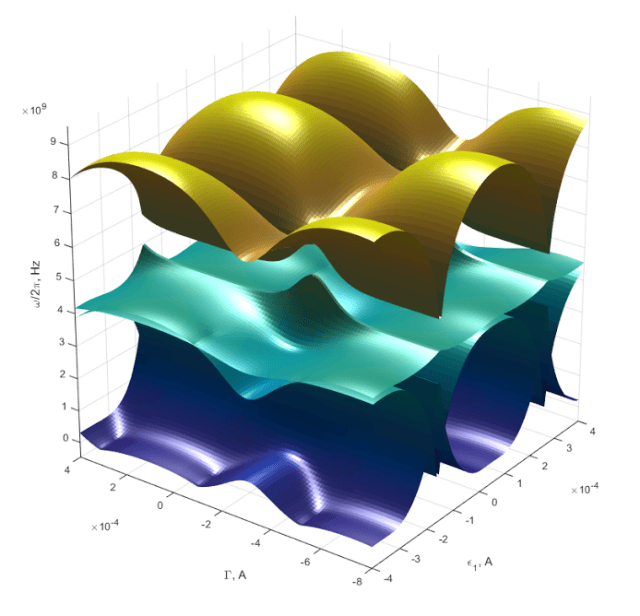Mar 30 2016
A research group from MIPT’s Artificial Quantum System Lab and Collective Use Center developed and tested Russia’s first superconducting two-qubit feedback-controlled circuit, an upgrade to qubit — the main component of future quantum computers — that was developed by MIPT’s scientists in 2015.

Modern computing components can only store one data bit at a time — 1 or 0. Qubits, as quantum objects that are in superposition of two states at a time, have the potential to store both. Moreover, they serve as an example of the so-called ‘quantum entanglement’, opening game-changing ways for data processing. A data machine made of thousands of qubits has the capacity to surpass the most powerful supercomputers in a large amount of computing tasks, such as cryptography, artificial intelligence and optimisation of complex systems.
A year ago a research group from Moscow Institute of Physics and Technology (MIPT), Institute of Solid State Physics RAS (ISSP RAS), National Institute of Science and Technology (MISIS) and Russian Quantum Center (RQC) developed Russia’s first qubit along with a parameter measuring circuit. The project success is largely based on active international collaboration. MIPT’s Artificial Quantum System Lab (AQS), headed by academic Oleg Astafiev, leads by example, within a year having established a strong and effective partnership with Royal Holloway, University of London, a leading institution in superconducting qubit research in the UK.
The two-qubit circuit is currently being developed and tested by Russian scientists from MIPT. “In the past 6 months the MIPT’s lab has done substantial and laborious work to organise the measuring process of superconducting qubits. Arguably, MIPT currently has the necessary infrastructure and human capacity to deliver on building advanced qubit systems”, comments Alexey Dmitriyev, a postgraduate at AQS.
Dmitry Negrov, Deputy Head at the Collective Use Center, says: ”We now are at the stage where system parameters are close to the designed conditions. The next step is to take vital measurements, such as coherence time and refine the qubit bonding. We aim to continue our work on these parameters in the future”.
According to Andrey Baturin, Head of Scientific Management at MIPT, quantum technology research is one of the long-term priorities on the institute’s research agenda. “The Artificial Quantum System Lab and Collective Use Center succeeded in obtaining unique equipment — modern lithographic machines and evaporation units for full-cycle production of qubits and, later, qubit systems; measuring equipment and ultra low temperature cryostats that allow us to work with qubits at the milli-Kelvin temperature range. Such low temperatures are essential due to the extreme fragility of quantum states that can easily fail from interaction with the outside environment”, says Baturin.
The development of two-qubit circuits is an important achievement that allows further field research and raises Russia’s stance in the global quantum computing race.